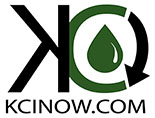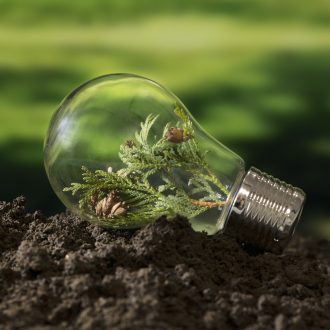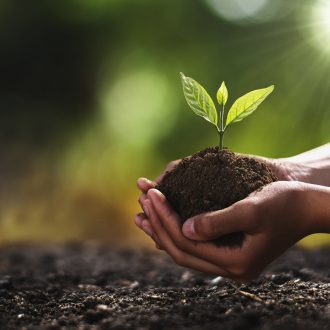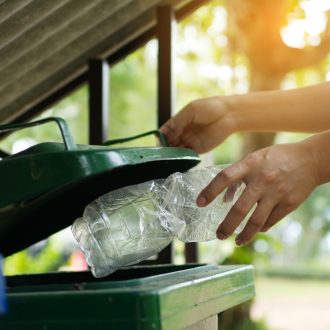
We’ve spent some time the last few weeks exploring the best ways to maintain ponds, as well as the importance of stormwater infrastructure. One simple but often overlooked thing regarding ponds is the difference between what we call Retention Ponds and Detention Ponds. The two types of ponds are often referred to interchangeably, but they are not the same thing. Retention ponds are wet and therefore contain water, while detention ponds simply hold the water temporarily and are usually dry. We often hear them called either a ‘wet’ pond or a ‘dry’ pond.
Here are some advantages and disadvantages to each type of pond that can be considered when planning out a site, or looking at the future of a particular area.
A dry pond is typically used in areas with 10 or more acres of land, as any smaller area may have trouble controlling the quality of runoff.
Advantages
- Surrounding areas have vegetative buffer that can withstand dry or wet conditions.
- May cost less to implement than a wet retention pond because the size is generally smaller.
Disadvantages
- Requires a large amount of space.
- Does not generally impact or improve water quality
- Can attract mosquitos or other pests.
- Can detract from property value, whereas retention ponds may add value.
Wet ponds, on the other hand, can be good for sites that want to provide treatment of water. They provide a degree of control of the quality and quantity of water in the area.
Advantages
- Collects and improves water quality.
- Naturally processes water without additional equipment.
- Improved stormwater collection and flood control.
- New habitats are created.
- Can be used for recreational purposes.
Disadvantages
- Can be a drowning hazard.
- Large areas of land are needed.
- Can Negatively impact water quality impacts if not properly designed and maintained
There is definitely more to your local ponds than you may immediately think. They play an important part in water quality, flood control, and stormwater management. It is important, however, to maintain the ponds otherwise they can grow to be not only an eyesore, but also a vector for things like pests, disease, and other harmful factors that you would not want in your neighborhood. KCI is available to consult and assist in your stormwater pond maintenance needs.



